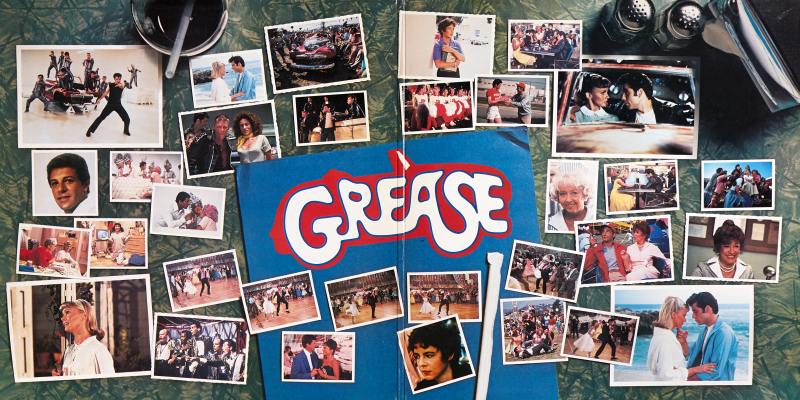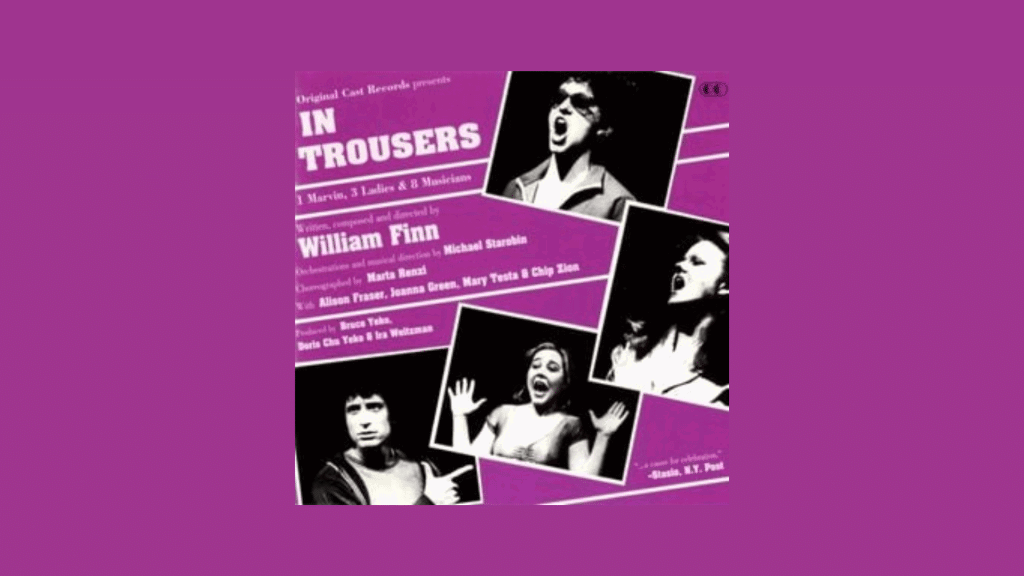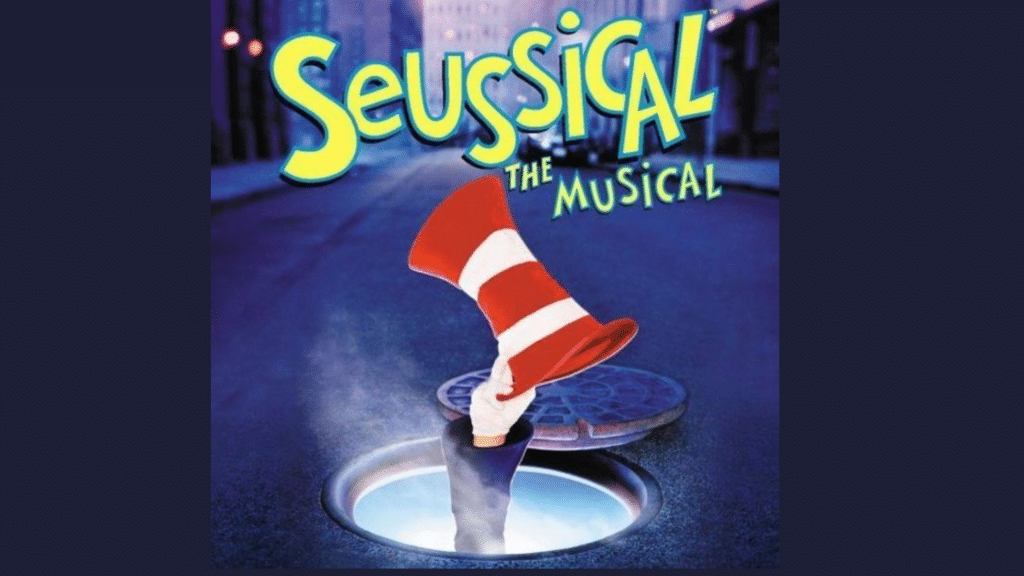Do you find yourself struggling to remember song lyrics? Because, many music lovers want to sing along to their favorite tunes but get stuck on the words.
Learning lyrics quickly can seem hard, but with the right methods, anyone can master them fast. When you know the words by heart, you can enjoy music more fully and connect with songs on a deeper level.
Plus, it’s good for your brain too – memorizing text helps keep your mind sharp.
The methods shared in this post will help you learn lyrics in less time with better results. These tips come from proven techniques that work for students, singers, and music fans alike.
Effective Tips to Learn Song Lyrics Fast
Read on to find out how to commit those lyrics to memory in record time.
1. Listen Repeatedly

Hearing a song many times helps your brain naturally absorb the lyrics without much effort. This passive method works while you focus on other tasks, making it perfect for busy people who want to learn lyrics.
Your brain will start to predict what comes next after several listens.
How It Works:
- Play the song during your morning routine to start the day with it fresh in your mind.
- Listen while commuting to work or school to make use of otherwise wasted time.
- Set the song as your alarm or ringtone so you hear key phrases throughout the day.
- Play it in the background while doing chores to accumulate listening time without effort.
- Listen right before bed when your brain stores memories more effectively for long-term recall.
2. Write Out The Lyrics

Writing creates a physical memory connection and helps cement words in your mind. The act of writing engages more parts of your brain than just listening or reading, which helps form stronger memory paths.
How It Works:
- Find the official lyrics online to ensure accuracy before you start memorizing wrong words.
- Write them down by hand in a notebook using clear, readable writing.
- Use different colors for verses and chorus sections to create visual separation between parts.
- Rewrite tricky sections several times until they flow naturally from memory to hand.
- Review what you’ve written while listening to the song to connect the written and heard versions.
3. Break Down Into Chunks

Splitting lyrics into smaller parts makes them easier to remember than tackling all at once. This technique uses the brain’s preference for working with limited amounts of information.
Most songs already have natural breaks that make this method simple to apply.
How It Works:
- Divide the song into verses, chorus, and bridge sections using the music’s structure.
- Learn the chorus first since it repeats most often and will give you quick wins.
- Master one verse before moving to the next so you don’t feel overwhelmed.
- Connect the chunks once you know them separately by practicing transitions between sections.
- Add one new section each day until complete, reviewing previous sections to maintain recall.
4. Create Visual Images

Connecting words to mental pictures makes lyrics stick better in your memory. Our brains remember images more easily than words, so this method leverages that natural strength.
How It Works:
- Picture each scene the lyrics describe as if watching a movie in your head.
- Draw simple sketches next to challenging lines in your lyric notebook as memory aids.
- Create a mental music video as you sing, moving from image to image with the song.
- Link abstract lyrics to concrete objects that sound similar or have personal meaning.
- Make the images funny or strange for better recall – unusual images stick in memory longer.
5. Use Spaced Repetition

This method spaces out practice sessions to match how the brain forms long-term memories. It works by reviewing content just before you would naturally forget it.
This technique is backed by memory research and works for any memorization.
How It Works:
- Learn a section and review it after 10 minutes to move it from immediate to short-term memory.
- Review again after 1 hour to strengthen the newly formed memory connections.
- Review once more before going to sleep to signal its importance to your brain.
- Check your recall the next morning to see what stuck and what needs more work.
- Review every other day for a week, then weekly until fully memorized and automatic.
6. Record Yourself Singing

Hearing your own voice helps spot trouble areas and builds confidence with the lyrics. This method provides concrete feedback on your progress and makes practice more active.
The recording process also adds a slight pressure that helps focus your attention.
How It Works:
- Record yourself singing along with the original track using any phone or computer.
- Listen and note where you stumble or forget words to identify problem spots.
- Re-record those sections until smooth, focusing on small parts before whole verses.
- Try singing without the original music to test true recall without cues from the song.
- Compare recordings to track your progress and celebrate improvements in recall and timing.
7. Teach Someone Else

Explaining lyrics to another person forces your brain to process them more deeply. This method, known as the “protégé effect,” makes you organize information more completely.
The social aspect also adds fun to the learning process.
How It Works:
- Tell a friend you’re learning the song and ask if you can teach them parts of it.
- Explain what each verse means to you, which helps attach meaning to the words.
- Sing the song to them without looking at the lyrics to test your memory under slight pressure.
- Answer any questions they have about tricky lines, forcing deeper understanding.
- Have them sing along with you to create a positive, memorable learning experience.
8. Connect with The Meaning

Understanding what a song is about helps your brain create logical connections between lyrics. When words make sense to you, they become much easier to recall and stay in your memory longer.
How It Works:
- Read the lyrics slowly without music to focus purely on the meaning.
- Look up any words or references you don’t understand to grasp the full context.
- Think about the story the song tells and the emotions it tries to express.
- Relate the lyrics to your own experiences to create personal memory hooks.
- Discuss the song’s meaning with friends to deepen your understanding through different views.
9. Learn the Melody First

The tune of a song can serve as a strong memory cue for the lyrics. Most people find it easier to recall words when they’re attached to music, as the melody creates a path for word retrieval.
How It Works:
- Hum or whistle the melody until you know it by heart without any words.
- Add simple sounds like “la” or “da” while following the melody’s rhythm.
- Start adding in key words at the beginning of each line while humming the rest.
- Gradually replace all humming with actual lyrics, section by section.
- Practice singing the melody slightly slower than normal to focus on word placement.
10. Use Movement and Gestures

Adding physical movements creates another memory pathway in your brain. When you connect specific motions to lyrics, your body helps remind you of the words when performing those same movements.
How It Works:
- Create simple hand gestures that match keywords or phrases in the song.
- Use larger movements for chorus sections to mark their importance.
- Walk or pace while reciting tricky verses to engage your body’s memory.
- Tap out the rhythm with your fingers or feet while singing to reinforce timing.
- Practice in the same physical space each time to build location-based memory cues.
11. Find Patterns and Rhymes

Songs contain patterns that make them easier to remember than regular text. By actively looking for these structures, you can use them as memory shortcuts and predict what comes next.
How It Works:
- Highlight all rhyming words at the end of the lines to see the pattern.
- Notice repeated phrases or chorus elements that appear multiple times.
- Look for alliteration (repeated starting sounds), which can help trigger memory.
- Identify the syllable pattern in lines to help with rhythm and flow.
- Group similar verses together if they follow the same structure or tell related parts of a story.
12. Create Memory Triggers

Memory triggers are small clues that help you recall larger chunks of information. They work like the first domino in a chain, making the rest fall into place naturally.
Memory triggers can be especially helpful for songs with complex lyrics.
How It Works:
- Pick the first word of each verse as a trigger to remember what follows.
- Create an acronym using the first letter of each line if you get stuck mid-verse.
- Associate specific lyrics with parts of the music (like drum beats or guitar solos).
- Link difficult transitions to visual cues on your written lyrics page.
- Use the last word of each section to trigger the first word of the next for smooth flow.
13. Practice Before Sleep

Your brain sorts and stores important information right before sleep. This natural process can speed up lyric memorization with less conscious effort.
Sleep researchers have found that information reviewed before bedtime has a higher chance of moving into long-term memory.
How It Works:
- Review lyrics for 10-15 minutes just before going to bed.
- Read them aloud slowly and clearly without rushing through difficult parts.
- Sing the song once completely through, even if you make mistakes.
- Visualize yourself performing the song perfectly while lying in bed.
- Listen to the song at low volume as you fall asleep to let your brain process it during rest.
A Few Fun Ways to Make Learning Enjoyable

Try mixing these fun approaches with the more structured tips from above for the best results. Here are some playful ways to make lyrics stick in your memory while having a good time:
1. Karaoke Night
Set up a mini karaoke session at home with friends or family. Pick songs you’re trying to learn and take turns performing them.
The friendly competition can push you to learn lyrics faster while creating memorable experiences that help anchor the words in your mind.
2. Lyric Puzzle Game
Print out the lyrics, cut them into lines or phrases, and mix them up. Time yourself as you put them back in order. This hands-on activity engages different parts of your brain and makes learning active rather than passive.
Try beating your previous time with each attempt to add motivation.
3. Word Replacement Challenge
Sing the song, but replace keywords with silly alternatives or words from a specific category (like food items or animal names). This makes you focus on the structure while having fun with the content.
When you switch back to the real lyrics, they’ll seem easier to remember by contrast.
4. Lyrics Drawing Game
Draw simple images that represent each line or verse without using words. Share these with friends and see if they can guess which part of the song each picture represents.
This visual approach taps into creative memory systems while adding an element of fun.
5. Song Story Videos
Create short video clips acting out the story told in the lyrics, using props from around your house. Share these with friends for feedback and laughs.
The process of planning and performing helps cement the sequence of lyrics memorably.
6. Lyric Chain Game
Play with friends in which each person sings one line, and the next person continues. If someone misses a line, they’re out. This adds gentle pressure that enhances focus and recall.
The game format makes practice sessions feel like play rather than work.
7. Musical Mad Libs
Create a fill-in-the-blank version of the lyrics with key words removed. Have someone else fill in the blanks with random words, then sing this new weird version.
The contrast between the nonsense version and the real lyrics makes the correct words stand out more clearly in memory.
How to Retain It Long Term
Once you’ve learned the lyrics, keeping them in your memory for the long run requires a different approach.
These simple strategies will help make sure those words stay with you even after months without singing the song.
- Review the lyrics of old songs for five minutes each week to keep them fresh in your memory.
- Sing along whenever you hear the song play, even if you’re in public.
- Create a playlist of all the songs you’ve memorized and cycle through it during commutes.
- Challenge yourself to recall lyrics without music at random moments during your day.
- Connect different songs with specific locations or activities to trigger memory through association.
- Share your knowledge by teaching these songs to others, which reinforces your own memory.
Common Mistakes to Avoid
- Trying to learn the whole song at once instead of breaking it into smaller parts.
- Mumbling through difficult sections rather than slowing down to master them.
- Relying only on passive listening without active practice or engagement.
- Ignoring the meaning of the lyrics, which makes them harder to remember as random words.
- Not checking the official lyrics and learning incorrect words that become hard to unlearn.
- Practicing only when you feel like it rather than creating a regular schedule.
- Giving up after making mistakes instead of seeing errors as part of the learning process.
- Focusing too much on speed at first rather than the accuracy of the words and pronunciation.
Conclusion
Learning song lyrics doesn’t have to be a painful process of endless repetition. The key is finding methods that work for your learning style and making the process fun rather than a chore.
However, by breaking down lyrics into chunks, using visual cues, practicing before sleep, and avoiding common mistakes, your memorization skills will improve rapidly.
Remember to keep the learning process enjoyable by trying some of the fun approaches mentioned. Next time you hear a song you love, try these tips.
You might be surprised at how quickly those lyrics stick in your mind. Now go ahead – start singing along with confidence!
Frequently Asked Questions
How to Learn a Song in 5 Minutes?
You can’t fully learn a song in 5 minutes. Focus on just the chorus or one verse using the chunking method and repeated listening for quick partial learning.
Is Singing a Talent or a Skill?
Singing is both. Some people have natural talent, but everyone can improve through practice and proper technique. Skills like breath control and pitch can be learned with time.
How Long does it Take to Learn to Song?
It depends on the song’s length and complexity. Simple songs with repetitive lyrics might take 30 minutes to practice, while complex songs could take several days.



















